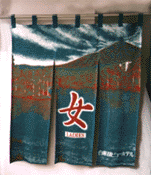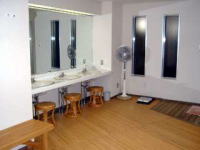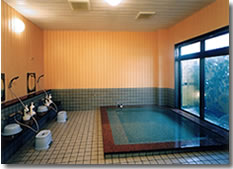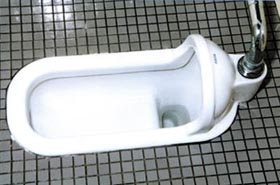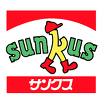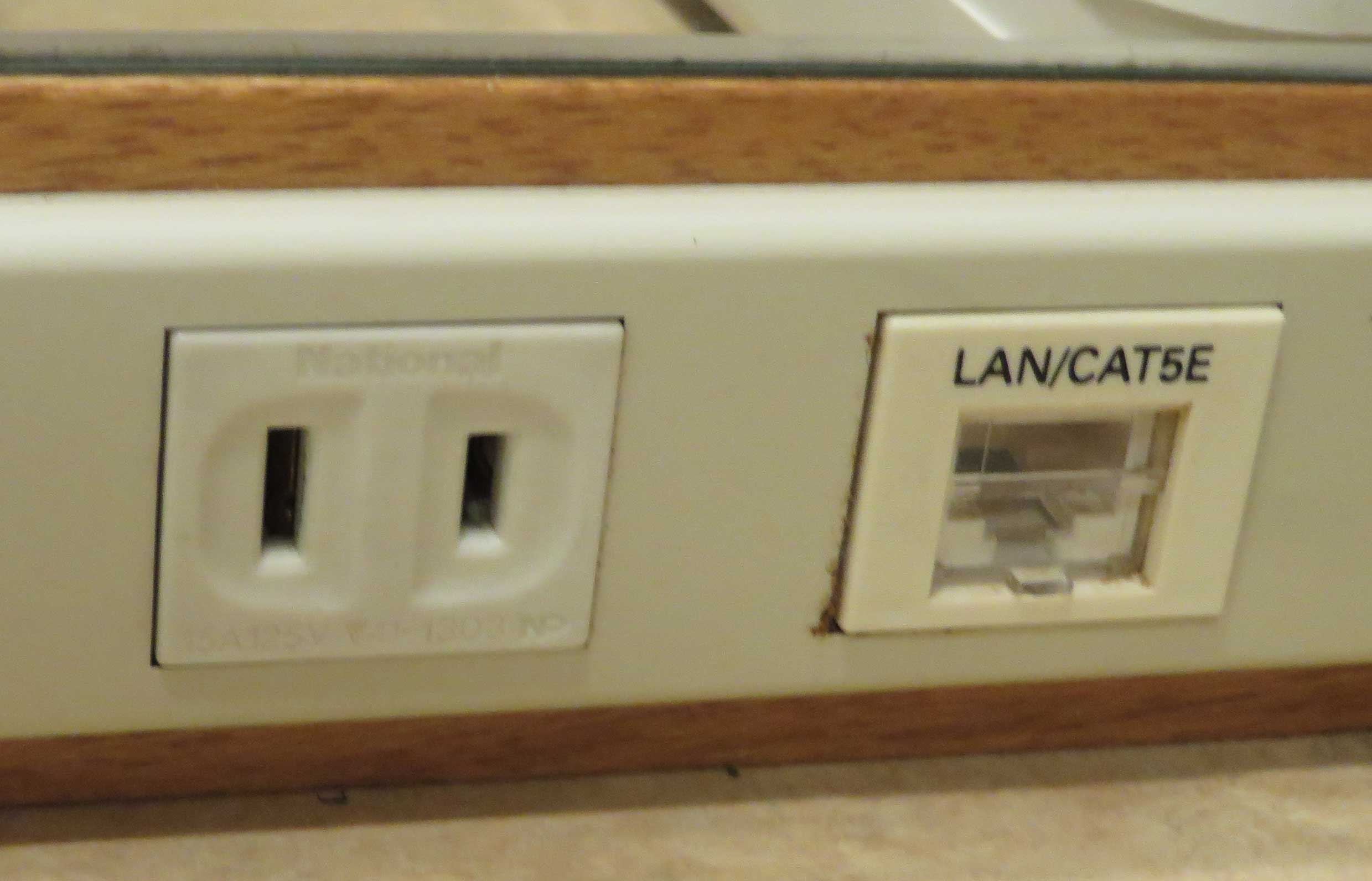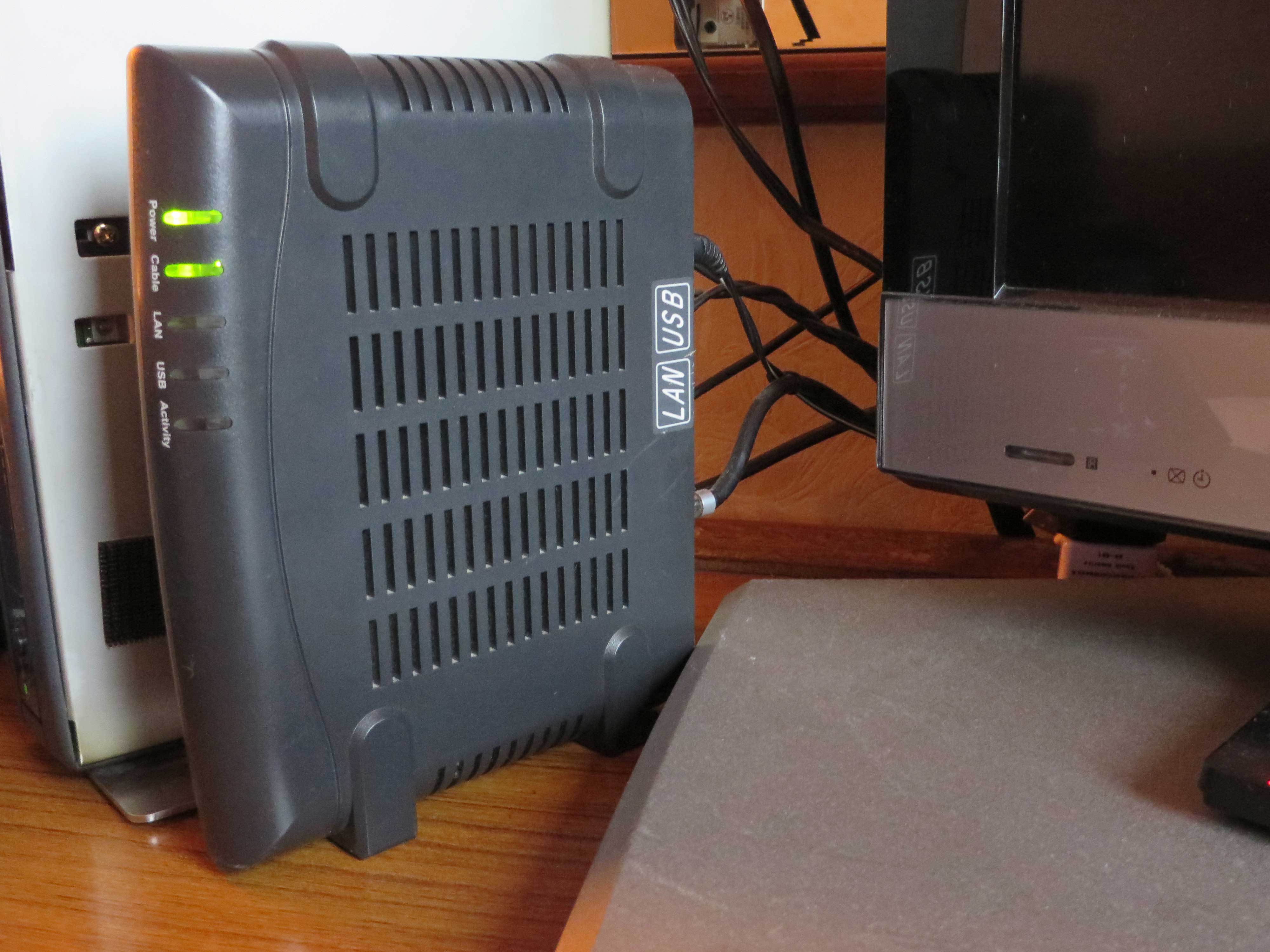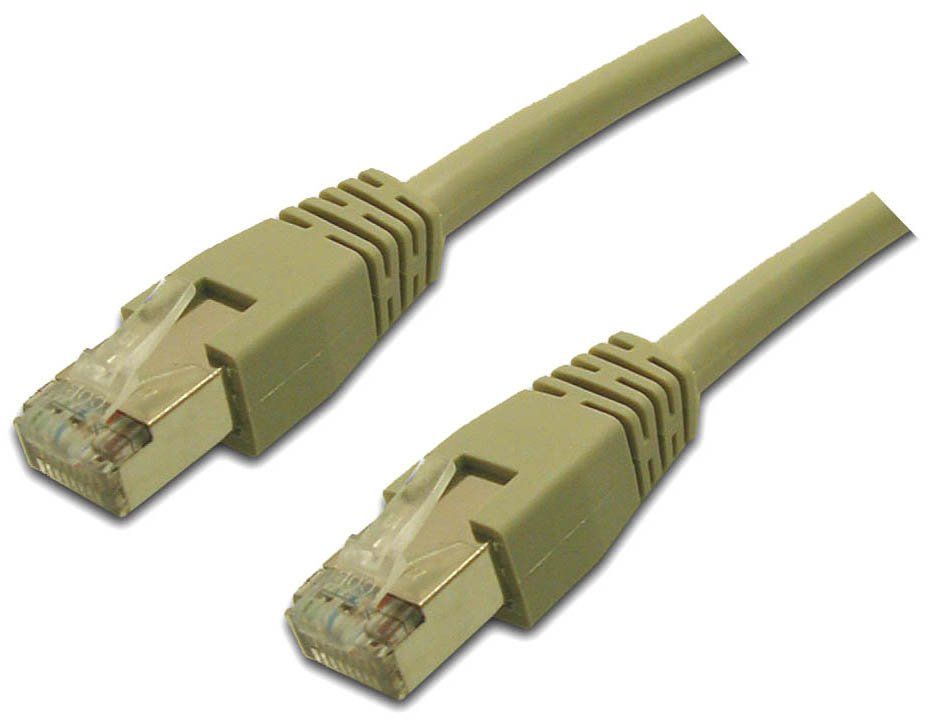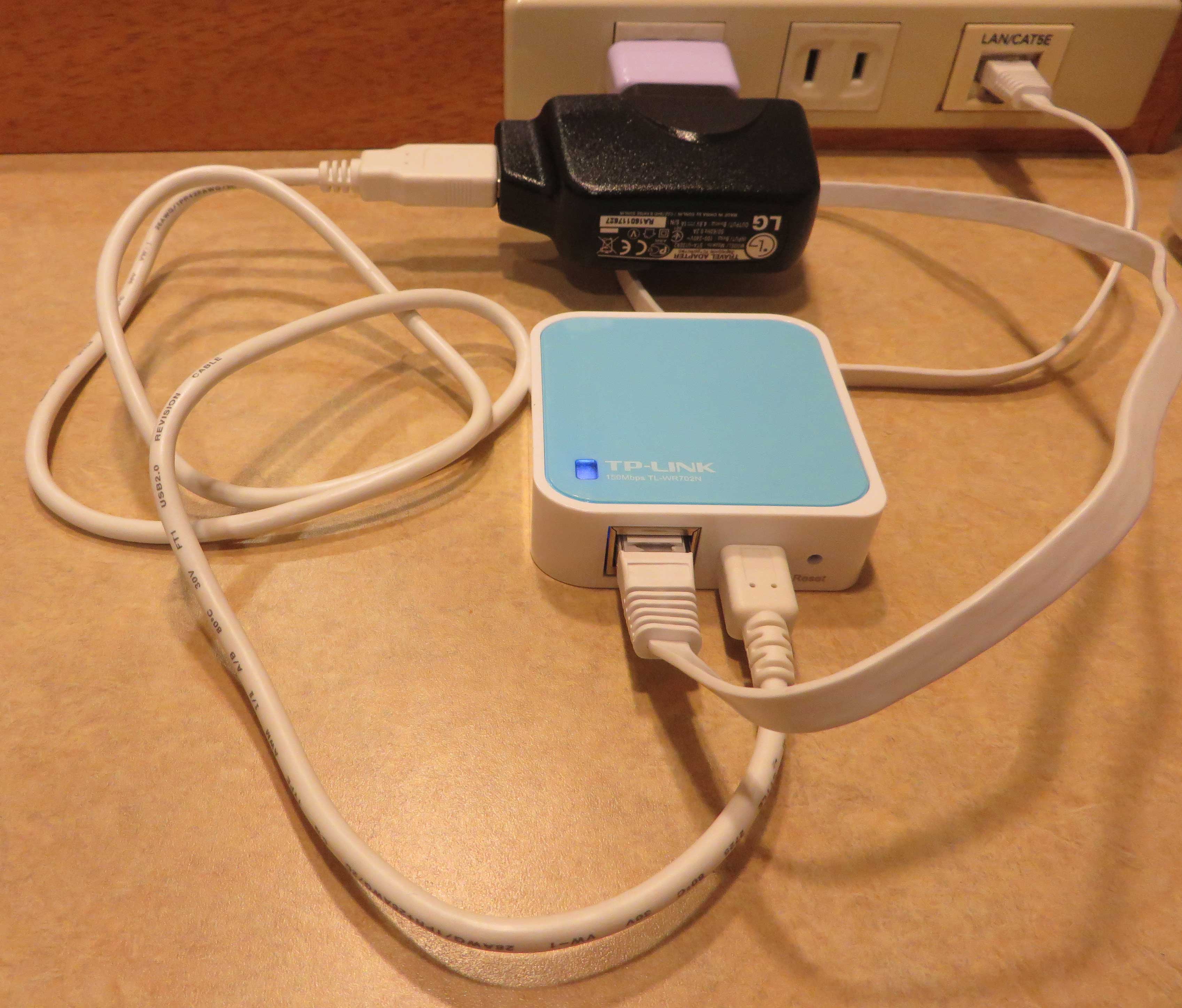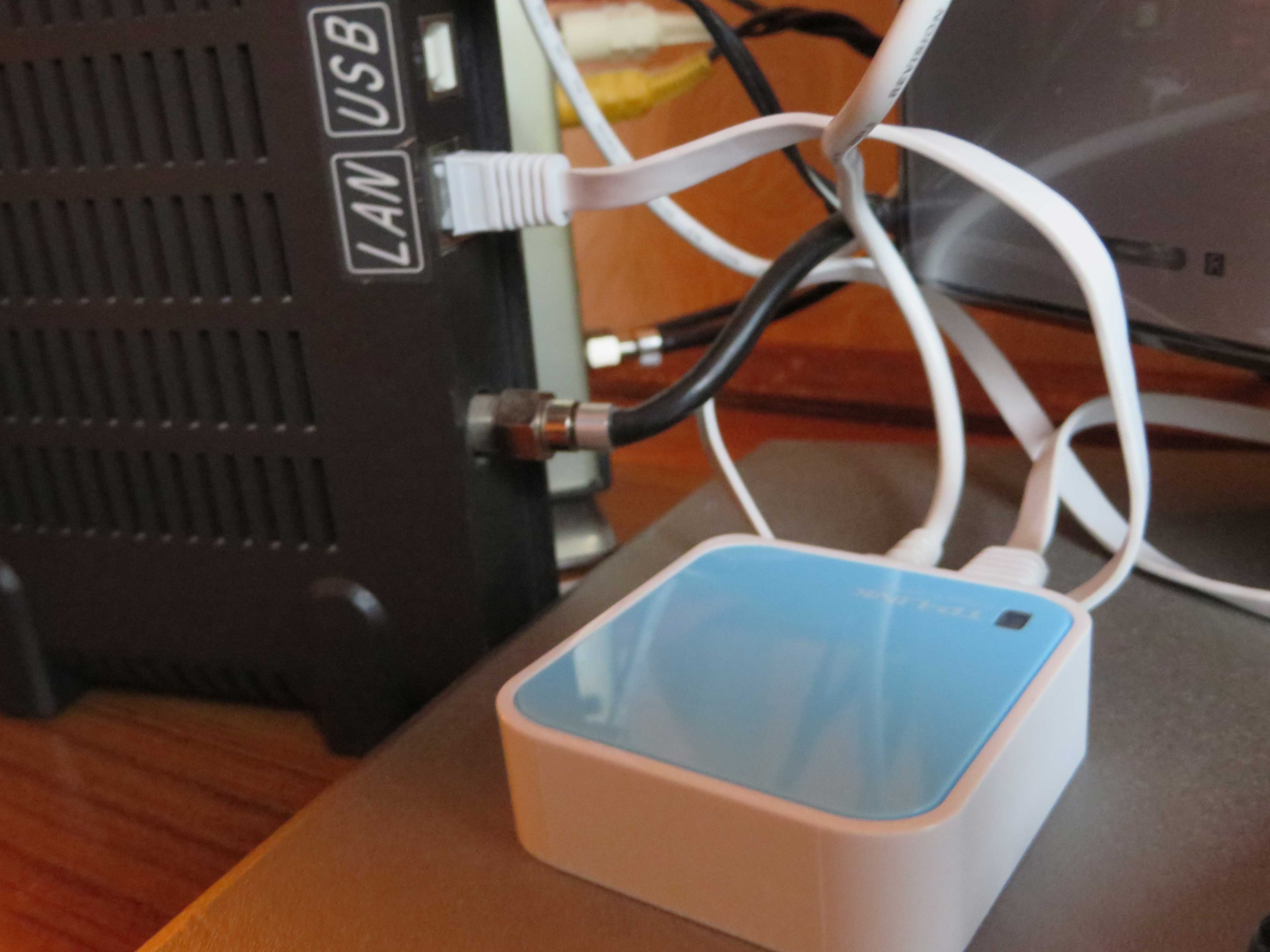!!!
Visa Mastercard ATM issue : see Money
!!! Yen rate, see Budget !!!
Accomodation,food,money,communications,train,health
!! Miyazaki's maps adapted in
English (David Moreton, Naoyuki Matsushita) !!
You can order it from David Moreton
(Japan, 1600¥, port 600¥) or David Turkington
(USA,
11$, port 14.24$ to Europe, 12.13$ to Canada) through Paypal
secure credit card
payment.
David
Moreton (Japan)
David
Turkington (USA)
Accomodation's
telephone numbers directly on the map, in purple.
Book and maps include English (purple) and
Japanese (green) names
of accomodations and other sites, so you can ask your way showing the
book to japanese people.
The information of these maps comes from the Japanese Tateki MIYAZAKI's
(宮崎 建樹) classic map book:
"Shikoku henro hitori aruki dougyou ninin"
”四国遍路一人歩き同行二人
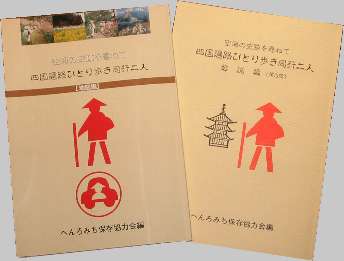
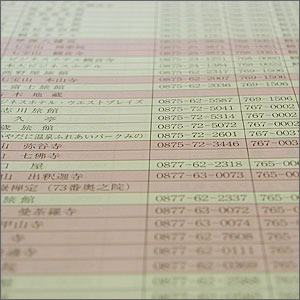
CAUTION!
Everywhere
in Japan, and
in all types of accomodation, the price is per person,
whatever the number of occupants of the room. One person 4000 yens, 2
people 8000 yens, 3 people 12000 yens, etc... for the same room!
Sometimes a light reduction, it would be perhaps 10000 or 11000 yens
for three. No interest to share a room, from the financial point
of view. Lodgers seldom proposes to gaijins (foreign) to share a room
with
others henros.
Various types of accomodation
1.
旅
館 (りょ
かん) Ryokan = traditional
Japanese inn with tatami rooms, futons, bath, evening meal and
breakfast included. The addresses of the book are about 6500 yens for
room, bath and 2 meals, and the difference between ryokan and minshuku
is not always obvious at the bottom of Shikoku. Japanese unisex
bath "ofuro" or with schedule by sex and WC at the end of the
corridor are the rule if the price is low.
2. 民宿 (みんしゅく)
Minshuku =
family inn, but ryokan-like. You make your futon yourself
and arrange it the morning. Price sometimes a little lower
than
the
ryokan, around 6000 yens for room, bath and 2 meals. Japanese bath '
ofuro "with schedule for each sex and WC at the end of the corridor.
In the ryokans and
minshukus, it is sometimes possible to have the room without meal
cheaper, but it
is not the rule.
3. 宿
坊 (しゅ
くぼう) Shukubou = temple accomodation. like the minshuku,
but in a
temple. Early wake-up for prayer (not compulsory). Certain temples have
officially a shukubou, they are in the directory or on the website
below. Others can sometimes
give you an accomodation if you got trouble, but don't count on it.
You will find the list of temples with shukubous on the
following Japanese site:
Temples
with shukubou
4. ビジネ
ス ホテル Business
hotel = a kind of cheap hotel like "Etap hotel"
or "Formule 1" in
Europe, mostly near of the station, sometimes along the roads. Single
ou double with shower and WC between 4000 and 7000 yens, without meals.
Tobacco's odor is the rule. Some have western beds, other are with
tatami and futons.
5. Free pilgrim accomodation
An essential website for free or cheap accomodations along the 88 temple's Way: Henro revisited (88again.weebly)
Tsuyado
通夜堂
in the temples
Zenkonyado
善根宿 or
Zenninyado 善人宿 =
free acccomodations for walking pilgrims.
Often rustic, sometimes simple open-air huts
Henrokoya 遍路小屋.
キャンプ場 Kyanpu-jo
= Not
a lot of well organized camping sites.
FREESTANDING tent(=
stands without stakes) : you can setup the tent in small shrine's
corners, inside open huts or houses or near Michi-no-Eki, on concrete floors, ... or
even outside with stakes!
Other accomodations:
6. ホ
テル Hotel
= as in Europe, but find out how much is the price at the reservation.
Often more expensive, but if they are in the directory, they
are
either cheap, or they have budget rooms for aruki henros (walkers).
7. 国
民宿舎 (こくみんしゅくしゃ)
Kokuminshukusha = state ryokan, cheap and often well
situated (only 4 in Shikoku).
8. ユ-ス
ホステル Yusu
hosuteru = Youth hostel, no age limit, also without youth
hostel card.
Unisex 6 persons dormitory. Family rooms for couples. About 3200 per
bed without meal.
*********************************
Choose
an accomodation and book it!
You can book in advance , but also on the same day.
Please,
call to book! It's not the done thing in Japan to arrive without
reservation (call, even if it is from the nearest callbox), excepted
for business hotels, where they have no meals to prepare. If
you come without booking, you risk a refusal like "it's day off!", even
if you see a lot of people behind! He will not say No! He
isn't
mocking you. It is the Japanese courtesy, nobody will lose
face:
everybody knows it is not true, but it is the devoted formula when he
does not want to take you. It is absolutely useless to insist, he will
not reconsider his decision!
Small
japanese hotel keepers are afraid not to know what to do with strangers
if
they don't eat japanese food, don't know how to use japanese bath, or
speak loudly in the paper-walled rooms. So sometimes they prefer to
refuse them, but if you speak a little japanese, or if you are
a
henro (more: a aruki henro), all doors are open!
If
you don't speak japanese, ask a henro or your lodger to book for you.
Show
him the next charts:
予約 する
できますか |
Yoyaku
suru dekimasu ka? |
Can you book? |
すみません が
予約 して
くれませんか |
Sumimasen
ga, yoyaku shite
kuremasen ka? |
Excuse me please, but couldn't you book
a room for me? |
| 明日 |
Ashita
(prononcez "achta") |
Tomorrow |
| あさって |
Assatte
(prononcez asat'té) |
The day after tomorrow |
| 一人です |
Hitori
desu |
1 person |
| 二人です |
Futari
desu |
2 persons |
| 三人です |
San
nin desu |
3 persons |
| いくらです か |
Ikura
desu ka |
How much is it? |
一泊ですか
-----------
素泊りですか |
Ip'paku
desu ka
----------------
Sudomari
desu ka |
One night ?
--------------------
Room only? |
| 二食付きですか |
Nishoku
tsuki desu ka |
With 2 meals? |
Jours
de la semaine
| Monday |
月曜日 げつようび getsu youbi |
| Tuesday |
火曜日 かようび ka youbi |
| Wednesday |
水曜日 すいようび sui youbi |
| Thursday |
木曜日 もくようび moku youbi |
| Friday |
金曜日 きにょうび kin youbi |
| Saturday |
土曜日 どようび do youbi |
| Sunday |
日曜日 にちようび nichi youbi |
Days of the month,
the first ten in japanese, then in chinese, excepted for 14,
20 et 24.
(Caution! mikka
et muika, yokka
et youka, can be a source of mistake if the pronunciation
is bad!)
| 1 |
一日 |
tsuitachi (ou
ichijitsu) |
17 |
十七日 |
jû shichi
nichi |
| 2 |
二日 |
futsuka |
18 |
十八日 |
jū hachi nichi |
| 3 |
三日 |
mik'ka
! |
19 |
十九日 |
jū ku nichi |
| 4 |
四日 |
yok'ka
! |
20 |
二十日 |
hatsuka (ou nijūnichi) |
| 5 |
五日 |
itsuka |
21 |
二十一日 |
ni jū ichi nichi |
| 6 |
六日 |
muika
! |
22 |
二十二日 |
ni jû ni
nichi |
| 7 |
七日 |
nanoka, nanuka |
23 |
二十三日 |
ni jū san nichi |
| 8 |
八日 |
youka
! |
24 |
二十四日 |
ni jū yok'ka |
| 9 |
九日 |
kokonoka, kokonuka |
25 |
二十五日 |
ni jū go nichi |
| 10 |
十日 |
touka |
26 |
二十六日 |
ni jū roku nichi |
| 11 |
十二日 |
jū ichi nichi |
27 |
二十七日 |
ni jū shichi nichi |
| 12 |
十二日 |
jū ni nichi |
28 |
二十八日 |
ni jū hachi nichi |
| 13 |
十三日 |
jū san nichi |
29 |
二十九日 |
ni jū ku nichi |
| 14 |
十四日 |
jū yok'ka |
30 |
三十日 |
san jū nichi |
| 15 |
十五日 |
jū go nichi |
31 |
三十一日 |
san jū ichi nichi |
| 16 |
十六日 |
jū roku nichi |
|
|
|
Japanese hotels count "1 night,
2 days" if you arrive in the evening and leave in the morning.
It
could mean half-board in the ryokan and minshuku, but you can hear
that also in business hotels where there is no food. No
worries, you
will not pay for 2 days!
一泊 二日
|
Ip'paku
Futsuka |
1
night, 2 days |
| 二泊 三日 |
Nihaku
Mik'ka |
2
nights, 3 days |
| 三泊 四日 |
Sanpaku
Yok'ka |
3
nights, 4 days |
Arriving at the accomodation
The
Japaneses live from 6
a.m. to 6 p.m., especially in the countryside. You'll have to leave
early in the morning to arrive imperatively at the stage before 5 p.m.
An arrival after 5 p.m. disturbs the hotel keeper, because it is
necessary that you take your bath before the meal which will be at 6
p.m., but sometimes at 17h30.
Remove your shoes at the
entrance, place them in the rays, and go up then on
the wooden part with the provided slippers. If there is nobody, call:
"Gomen kudasai!".
The
front clerk will take you to your room: remove the
slippers
before stepping on the tatami, where you can walk only barefoot or with
socks. You will find a plate with a cloth, a towel and often a yukata,
kind of kimono-pyjamas to go around in the hotel, to go to the bath or
even to eat and walk in the street (but nowadays that's really naff!).
See if there are others doing that before going out of the hotel with
it. If the weather is cold, there will be also a tanzen, waistcoat to
be crossed over.
The hour of the bath will be then strongly indicated to you. "Ofuro?"
"Ofuro wa goji desu" the bath is at 5 a.m.! In the minshukus and
small ryokans, men and women have separated schedules in the
same bath, therefore it is imperative that you take the bath at the
appointed time (He has perhaps just created a time crenel especially so
that the foreigner is alone in the bath). Caution, the bathroom is not
always accessible the morning, and in any event, there will be
only cold water.
At
first you enter a room where you put all your clothes out, and put them
in baskets or raks. Then you enter the ofuro room, with your towel
hiding your sex if there are other people in the bath. On one side are
faucets or showers. Sit on a lilliputian stool and wash yourself facing
the faucets.
When you are cleaned and
rinsed, you can go in the hot bath, alone or with others. No soap in
the bath! It will be very warm (40 - 42 degrés C, 104 - 107
F).
Very relaxing after a walking day. If you are alone, don't empty the
bath out when you're getting out.
In ryokans, the meal will be
perhaps served in your room during your bath, or they will bring it
later. But in most cases on the Shikoku trail, you'll eat with the
other henros. When you'll return to your room, the futon will be ready.
In minshukus, small ryokans and
business hotels you install the futon yourself, and put it back in the
cupboard oshiire 押し入れ (おしいれ). You will find in the cupboard or in the
middle of the room: matress, over-matress, quilt and pillow. The sheet
you found in the room is a bottom sheet..
In the toilets, you'll have to put on special toilet slippers, often
written トイ
レ. Shame if you go out of the toilet with it!
| Toilets |
Toïle |
トイ
レ |
| Toilets ("hand +
wash") |
oTearai |
お手
洗い |
| Rest rooms |
Benjo |
便所 |
*******************************
Food
No
problem, there is food everywhere. If you eat dinner and breakfast at
the ryokan, you don't need to carry a lot of food in your rucksack:
there are small restaurants which give udon うどん, ramen ラメン, or sobas
そば bowls for 400 to 700 yens.
In Japan, if there is a menu
(Teishoku 定食 てししょく) or a set (セット), what has been decided
will not change! Don't try to have rice instead of soba or
shrimps instead of fish, you will be exhausted before he changes
something.
There are a lot of konbini (convenience store)
in the villages to buy your picnic. 7-Eleven, K-Circle, AmPm, Lawson,
etc...
Beverages
There
are vending machines everywhere, even on the countryside, so you have
not to carry a lot of water in your rucksack. You'll find coffee コー
ヒー cans, cold 冷たい (つめたい) or warm 暖かい (あたたかい) and sweat drinks to offset
the losses from sweating, useful in summer: Pocari
Sweat, Aquarius, Dakara. 120 ¥ per can.
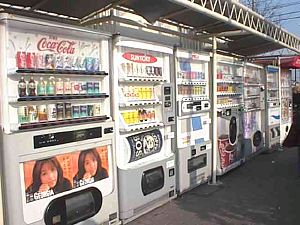
Lessive
In most of the housing
you can do your laundry. Japanese washing machines wash with
cold water.
Dryers are generally very weak, thus you can dry more fragile linen
that at home.
| 洗濯 する できます か. |
Sentaku suru
dekimasu ka ? |
Can I do my laundry ? |
| 洗濯機 が あります か. |
Sentakuki ga arimasu
ka ? |
Have you a washing
machine? |
| 洗剤 が あります か. |
Senzai ga arimasu ka
? |
Have you
some washing powder? |
| 乾燥機 が あります か. |
Kansouki ga arimasu
ka ? |
Have you a dryer? |
****************************
Money
In
Japan, people pay all in cash, it is then necessary to
carry sums
you would not carry in Europe or in the States, but the country is very
safe. On the other hand, it is almost impossible to withdraw money in
the banks in Shikoku out of the big cities, and the ATM don't
take foreign credit cards, therefore read the Money page
attentively:
Money
Communications
Telephone
Look at the telephone page (french):
Telephone
in Japan
Internet and WIFI
Do not forget to
deactivate the data roaming on your mobile!
( 15,50 euros / Mb, yes MEGAbyte,
not Giga!! 100 Mb = 1550€, 1 Giga
15500€!!)
Wifi comes slowly in Shikoku. You will see WiFi
panels(signs) (Softbank especially) but they are for their subscribers.
In Shikoku free WiFi points are rare, and always in town, McDo,
restaurants, bars.
Wifi Hotspots in Japan Map
Hotels and business hotels are hardwired and you will find a LAN socket (Ethernet RJ45) on the wall or at the bottom of the TV modem.
If
you have a laptop computer, take simply an Ethernet RJ45 cable.
If you have a tablet or a smartphone, you need a WIFI router to connect on the LAN socket.
Ask the lobby or buy a TP-Link nanorouter to create your own WIFI transmitter.
Train,
bus
to take the train or the bus, look at the train page
How to take train and bus
Notice: there is a new train line between Nahari and Kochi, often not
yet on the maps
Tosa
Kuroshio line
Car rental
You
need "International driving permit" to rent a car in Japan.
Caution, French, Swiss, German (and some other) driving licence are not
accepted. Look in the
french page of this site if you are concerned.
For
other countries, ask the japanese embassy before departure to be sure!
Information
Rentaca-
(no return website, type my address again)
After
that, it's easy to rent a car, even for 6 hours in stations (Ekiren),
or
Nipponrentacar
offices and others.
Health
The
cost of medicine in Japan is about the same than in the US, so you must
have a very good insurance and assistance.
In case of emergency:
Ambulance
(kyukyusha 救急車 きゅきゅしゃ): 119
There are pharmacies everywhere.
Caution!
Some medicines are forbidden in Japan, even with a prescription!
Codeine, ephedrine for exemple, that you can perhaps buy freely at the
drugstore at home are considered as drugs in Japan. Don't go in jail
for a cold!
*********************************

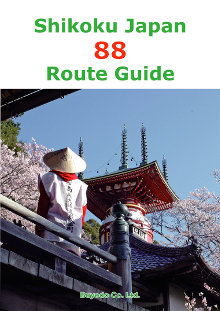
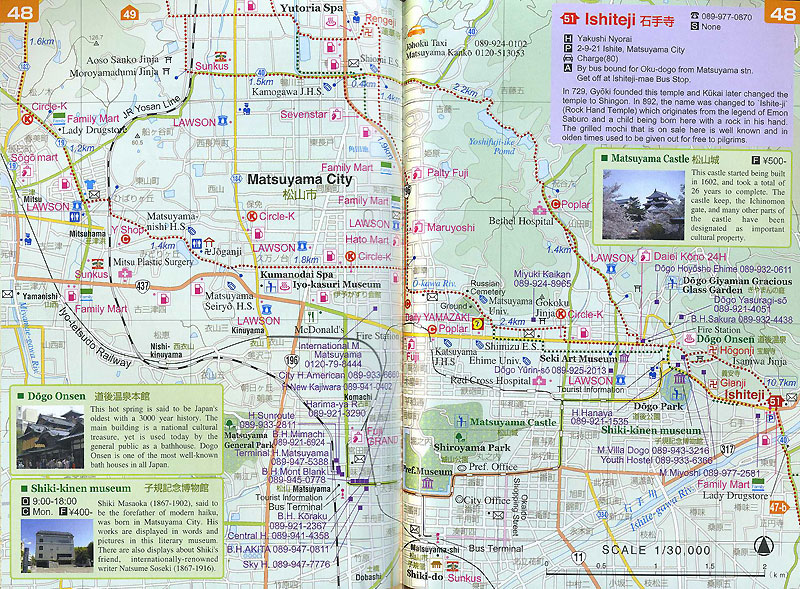




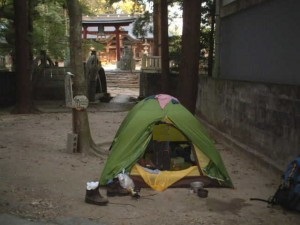
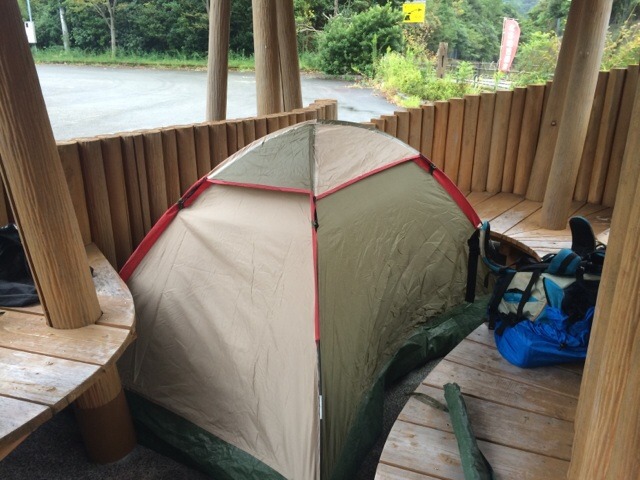
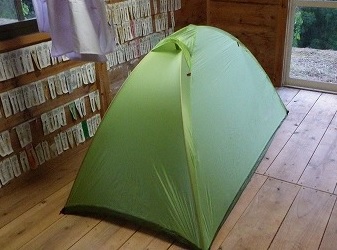



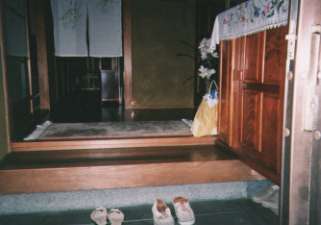
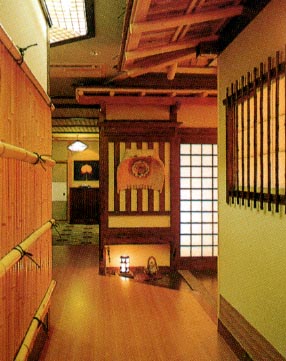
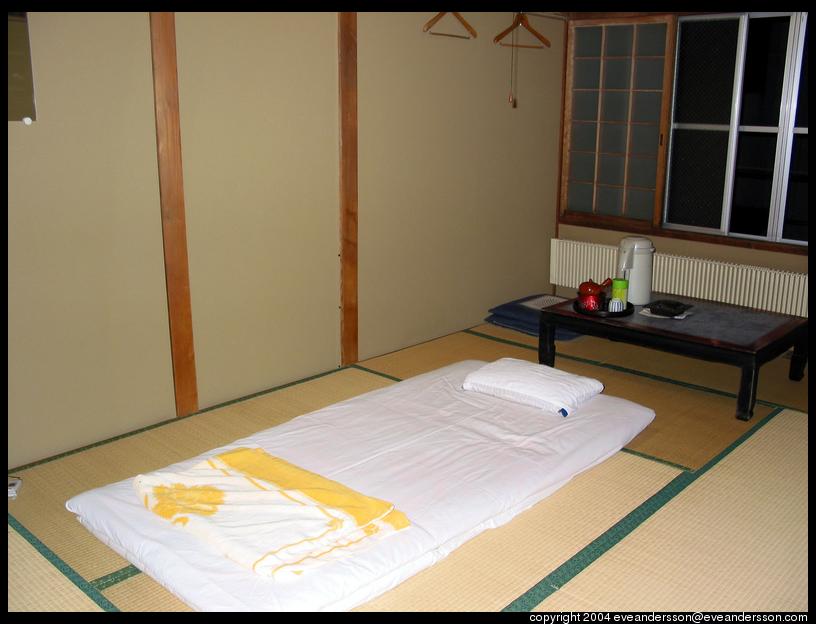
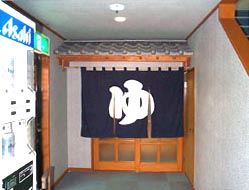 Men
男
Men
男 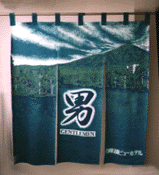 Women 女
Women 女